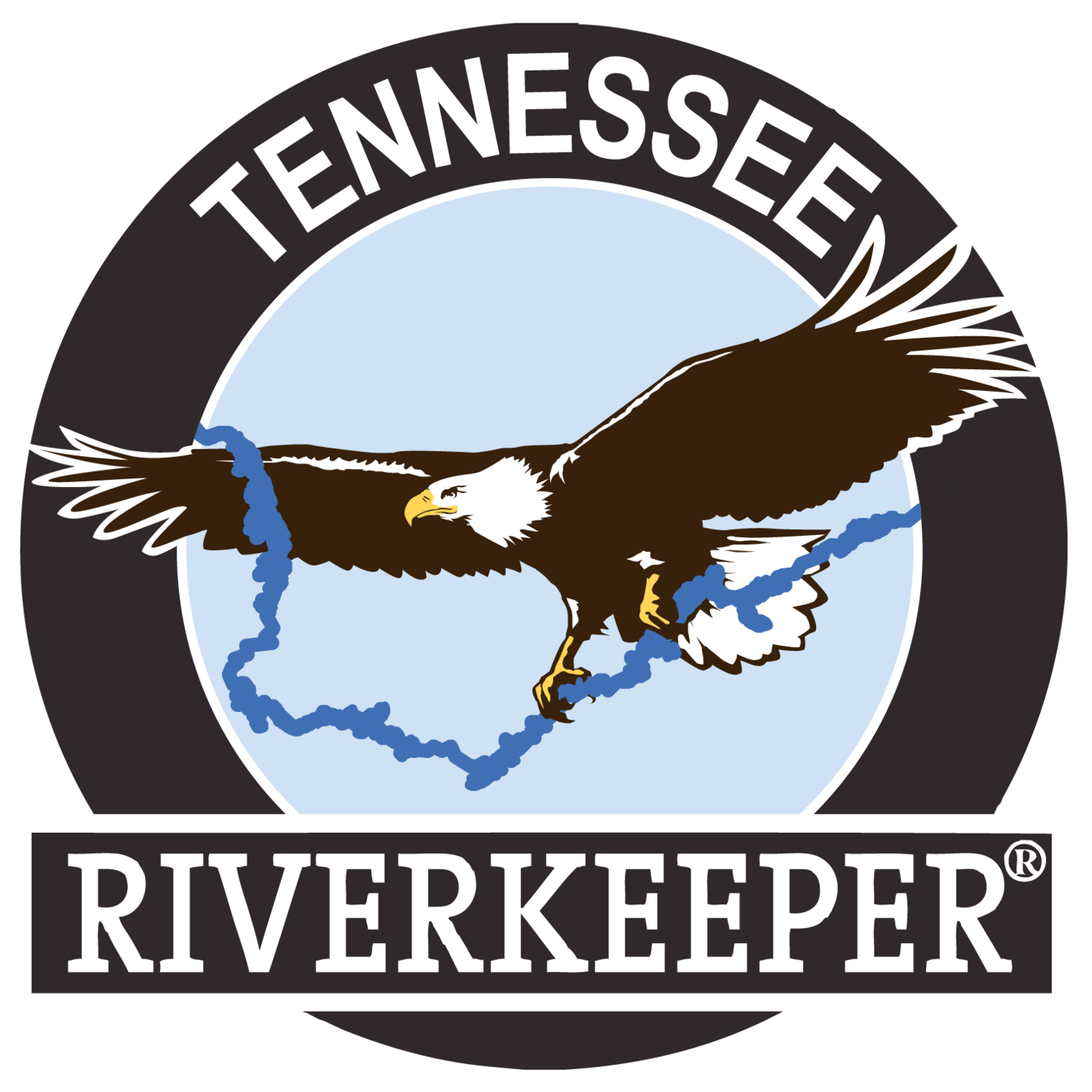Our Programs
The principal theme across all of our programs is to provide effective methods to protect the Tennessee and Cumberland Rivers and tributaries. Learn more about each of our programs below.
Riverkeeper Patrol Program
As both the functional and symbolic centerpiece of Tennessee Riverkeeper’s services, the Riverkeeper Patrol Program is a continuous and primary focus for the organization. We are set apart from many other watershed advocacy groups by following the “Waterkeeper Model” of on-water vigilance.
Over 350 Waterkeeper organizations worldwide follow Hudson Riverkeeper’s historic model for watershed protection. Tennessee Riverkeeper follows this Waterkeeper blueprint. The Riverkeeper Patrol program identifies pollution problems throughout our region, works with experts to resolve pollution issues, and educates the public about pollution threats facing their water. We educate citizens with frequent presentations to groups, by sending newsletters and e-newsletters to members, and through our award-winning online outreach, the Riverkeeper Patrol program informs the public of problems we find.
Education Program
Tennessee Riverkeeper’s staff and volunteers educate the public about the Cumberland and Tennessee River watersheds on everything from general environmental and geography information to the pollution issues that threaten the public’s water supply. The Riverkeeper team frequently makes presentations to groups and schools, provides interviews to the press, and posts informative and credible articles on social media. This program educates tens of thousands of Southerners every week.
Microplastics Program
Tennessee Riverkeeper’s microplastics program was started in response to scientific studies that revealed the Tennessee River is polluted by as much as 16,000 to 18,000 parts per cubic liter of this toxic plastic pollution. These levels are among the highest levels known in any U.S. waterway. This campaign targets microplastics in three ways:
1. Organize cleanups at targeted aquatic litter locations, often where creeks empty into the river,
2. Educating the public about microplastics including through the press, and
3. Supporting leaders of state and local governments to enact common sense solutions to addressing microplastics and litter pollution.
Legal Program
Tennessee Riverkeeper’s legal program seeks to address pollution by utilizing litigation when appropriate. Environmental laws such as the Federal Clean Water Act and the Resource Conservation and Recovery Act are powerful tools for citizens to defend their water supply. The legal team works with the staff of Riverkeeper, scientists, experts, volunteers, and other attorneys to cease illegal pollution and remediate problems. This program has legally addressed over 44,000 pollution violations.

